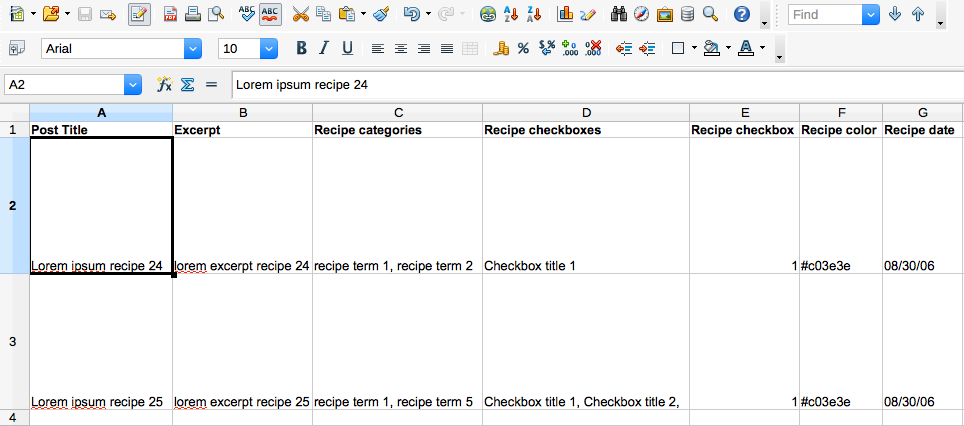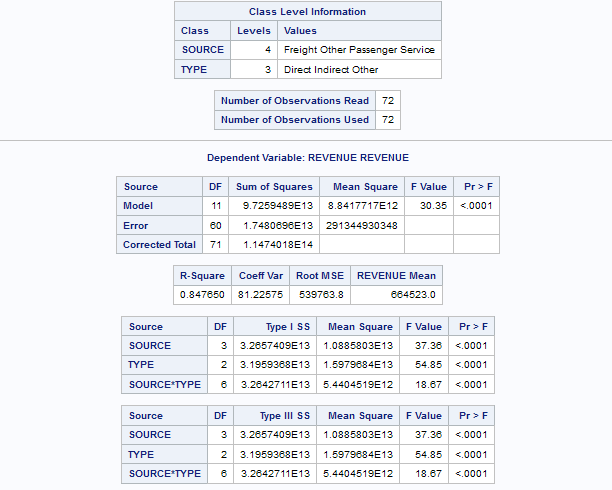


If there is a common need for some type of analysis or calculation of a common statistic, chances are good that someone has already written code to automate the process. One of the most notable benefits of the R language is the fact that many add-on packages have been written by other statisticians. We recommend caution when purchasing books, and also hesitate to recommend specific titles. However, R is so dynamic that books on specific topics can often contain code that is not functioning even just a couple of years after publication. There are many hard-copy texts that you can purchase, and many are of very high quality. If Google fails for this reason, the site Rseek, searches only sites with relevant R information, and can be helpful for both the novice and the seasoned user. One difficulty, however, is that the language name R sometimes makes it difficult to find the most relevant information. There are also numeous YouTube clips in various languages for many common analyses.
#R studio anova from .csv example how to#
For example, searching How to do regression with R will bring tens of thousands of hits, some better than others. A simple Google is sometimesall you’ll need. So if the installed help files aren’t sufficient, there are several locations to search on the web. Nearly every question related to using R has been already asked, and in many cases, has an answer online.

Unfortunately, some help pages are better than others, and for the developer one of the most tedious jobs is to write help pages in an understandable way for others than already seasoned R users. If you are new to R we recommend you scroll down to the examples at the bottom of the help page to see if you can use some of the examples that fit your purpose. These are mainly written for people who know the function (or at the very least are familiar with R documentation) to begin with. The help pages for most R functions start out with usage, saying lm(.) which details the arguments available in that function. For example, if you know the name of a function, but are not sure which package you need to load to see it: ?drm(). You can do a broader search by typeing two question marks. This will work for any function in a currently loaded package. If you know the name of a function, but do not know or remember how to use it you can bring up the documentation for that function by typing a question mark in front of the function: ?lm().


 0 kommentar(er)
0 kommentar(er)
